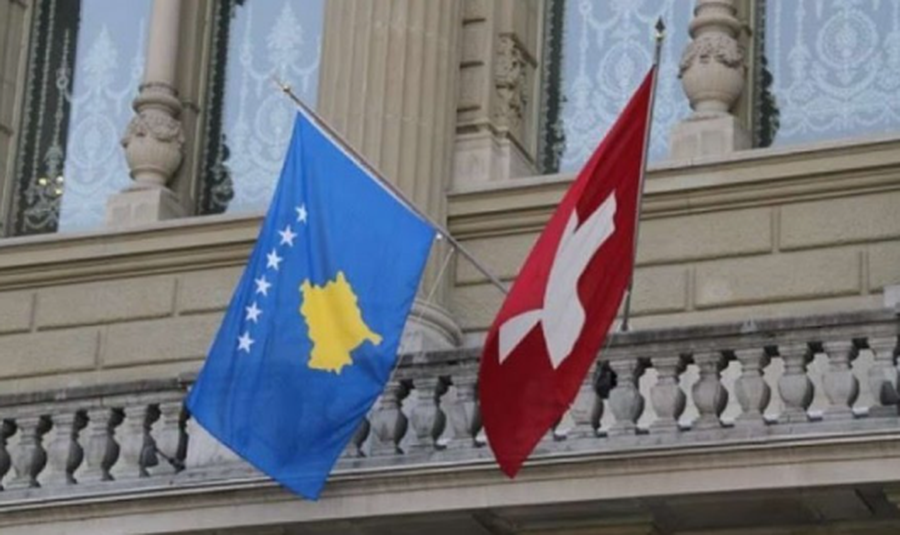
By Enver Robelli
In 2011, the canton of Glarus in Switzerland decided to dissolve 25 municipalities. The reason? Even in a relatively wealthy canton in a very wealthy country like Switzerland, the existence of 25 municipalities was excessive. There was not enough money to finance 25 municipal administrations. Rational politicians got together and decided: out of 25 municipalities, there will be only 3!
This important reform resonated throughout Switzerland. The budget of Glarus is about half a billion francs, but Glarus is 16 times smaller than Kosovo. The entire goal of the administrative reform was to increase the efficiency of the administration and save taxpayers' money.
In total, the number of municipalities in Switzerland fell between 2000 and 2017 from 2,899 to 2,255, and on January 1, 2025, it reached 2,121 municipalities – which means a reduction of 778 municipalities within 25 years. This trend continues.
Kosovo, among the smallest countries in Europe, has 38 municipalities. 10 of them were established exclusively for the Serbian community. A big, painful compromise that Kosovo made in the framework of the negotiations for the Ahtisaari Plan, based on which independence was declared in 2008. It is very clear that some of these municipalities do not even meet the basic conditions to be such. Just as some municipalities with an Albanian majority do not. But the situation is as it is, compromises have already been made, changes are not easy because each flag-bearer protects his localist interest while ignoring the general interest, and then there are the limitations of the Ahtisaari Plan.
Surprisingly, there are now requests from a representative of the Bosniak community (and some of its supporters) to establish a municipality for this community, which is not concentrated in one part of Kosovo. The request has a whiff of blackmail. Every community in Kosovo should enjoy full rights in accordance with the highest European standards. But these rights are not realized by establishing new municipalities.
Each community realizes these rights by integrating into the state of Kosovo (the willingness to integrate minorities must also exist on the part of the majority). But in a country with over 90 percent Albanian population, it is vital that members of a small community learn the language of the majority in order to have more chances in the labor market - in the private economy and in state administration. Each government of Kosovo must invest in municipalities.
It is very clear that some of the small municipalities in Kosovo do not have sufficiently qualified staff to manage the municipal territory. Where the imaginary municipality of Reçan will find, for example, urban planners, engineers, economists, tax specialists, and experienced lawyers to manage a municipality remains a secret of the politician who has put this absurd request to the public.
Even other small Kosovo municipalities ruled by Albanian mayors or Serbian voivodes do not have these capacities, and if politicians were wise, they would think about an administrative reform for the good of all, increasing efficiency and saving money.
The public learns about the existence of the Municipality of Mamusha, for example, when an official is arrested who, in violation of the law, has granted Kosovar citizenship to 124 people from another country. Kosovo citizenship has become attractive to citizens of countries that do not enjoy freedom of movement in the Schengen Area. Ironically, the surname of the now-convicted Mamusha official is similar to the name of a historical Albanian tribe from the Dukagjin region. For Shtërpca, it is heard when local matadors and Albanian matrapazes agree to destroy Brezovica. There are also many examples from municipalities with an Albanian majority where the only visible traces left by the mayors are those of corruption.
It seems that the purpose of the requests for the establishment of new municipalities is to extort a part of the budget just to open a few fictitious jobs. Wouldn't it be better if the millions that would be needed to establish a municipality were systematically invested in improving the infrastructure of the villages of the respective community? Of course, yes. This would also stop the trend of the mass exodus of young people to the West. With a new municipality, this trend does not stop. Just as it is not stopping neither among Albanians nor among Serbs. Despite a rift with municipalities. (A2 Televizion)









